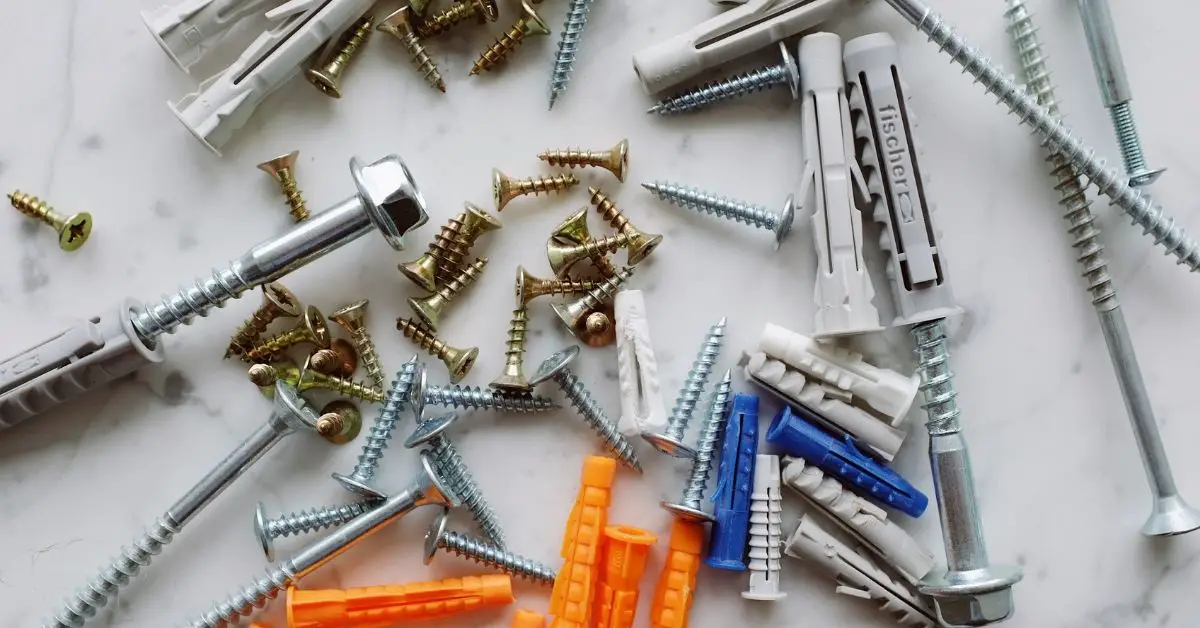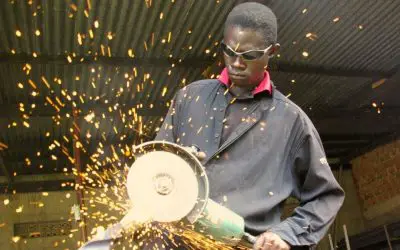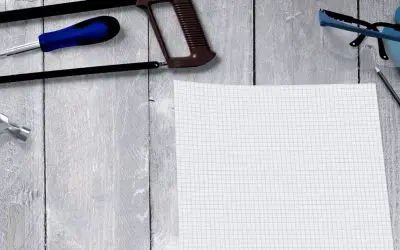Share

You need to know the weight capacity of a screw before you decide what type of screw to use.
There are many different types, and knowing which one will best suit your needs is important. In this blog post, we look at how much weight screw holds and the common types of screws.
How Much Weight Screw Holds
Screws can typically hold a lot more weight than you might think. In fact, screws have been shown to hold up to 30 times their weight. Here are the different types of screws and the typical weight they can hold.
Wood Screws
This kind of screw has a smooth, flat head and is the most common type of screw. It has an average weight capacity of 50 pounds (22kg).
Machine Screws
This kind of screw features coarse threads that are designed for fastening metal parts together. They have medium strength with a typical load-bearing capacity between 100 to 150 pounds (45-68kg).
Self-Tapping Screws
This screw features a sharp point and is designed to create its own mating thread when driven into the material. They have average strength with an estimated load-bearing capacity of 100 pounds (45kg).
Lag Screws
Lag screws can take more torque than other types of screws without deforming or stripping, such as wood lag screws. It has high strength and can carry 500 pounds (225kg) in weight.
Drywall Screws
These screws, also known as sheet metal screws or upholstery screws, are designed to be self-tapping. They have medium strength with a load-bearing capacity of around 80 pounds (36kg).
Concrete Screws
This is very similar in appearance and function to the drywall but has much higher durability because it can carry high loads such as 500 pounds (225kg) on concrete surfaces.
Tapered Screws
This screw has a point that is designed to self-tap into wood or plastic materials. It has medium strength and can carry 25 pounds (11kg).
Washer Head Screws
This type of screws features a flat, large head with a countersunk hole which allows the addition of a washer for extra holding power. They have a high load-bearing capacity between 350 to 500 pounds (158-225kg).
How Long Screws Last
The length of screws also determines how far they can hold weight. For instance, a drywall screw has the shortest lifespan because it is designed to be used only once and eventually gets stripped out easily.
Additionally, wood screws have medium durability, while machine screws last for a long time under normal usage conditions.
Concrete Screws, on the other hand, can work well in any type of environment, including wet or cold weather conditions that traditional types of screws cannot go through without breaking down.
What To Keep In Mind When Using Screws
It is important to consider choosing the appropriate size and type when using a certain kind of screw because having too much load will cause them to break off from its base material even though you use the right one so it is best to estimate the weight you are applying on it.
What Kind Of Screw Do You Need?
The question above can be answered by knowing what type of material will attach using screws because there are different kinds of wood, metal, and plastic that have their own requirements when attaching.
You should also consider how long you want your screw to last before choosing the right one that matches its durability to not enhance any damage caused by over load or stress.
Remember that safety comes first, so always use appropriate tools at all times when handling them, just like wearing safety goggles, gloves, and other protective gear if needed.
This way, you can avoid accidents, especially with children who might play around with these objects without realizing their danger level. Finally, always follow the guidelines of your screw package for proper installation to avoid any unnecessary damage that might happen.
5 Tips On How To Choose The Best Screw For Your Project
Know The Material
The material of the screw base should be known first before choosing which one to use. This is because there are different types that can suit certain materials. For instance, plastic screws are safe to use on wood but you cannot go wrong with metal ones since they have high durability.
Be Sure Of Its Load Bearing Capacity
The weight that your screw can hold should be looked into because there are different types that have low, medium and high strength which could match the amount of stress it goes through.
This is important, so you do not choose a weaker type just to save money but instead go for the right one based on its durability. You might also want to consider using stronger screws if you attach heavier objects, so they do not break easily from pressure or overload, especially when attaching heavy items like cabinets and large appliances.
Know The Length You Need For Your Screws
Knowing how many inches or centimeters long your screw should be before cutting it depends on what project you’re performing because some material requires longer ones while others need short ones. It is best to get the right dimensions, so you do not have to redo your screw installation because it doesn’t fit or looks too long for its designated material, contributing to damage and accidents.
Find Out The Kind Of Head You Need
The head design of screws should be known before getting the product because there are different types that feature flat, round, hexagon, and other designs depending on what type of surface they will attach to.
Sometimes choosing a flatter one does well with wood while others need deeper hole sockets like machine screws that require special tools just to tighten them up properly without stripping their base materials out easily when applied with pressure or force until they go through completely.
Finally, choose screws made from stainless steel, which are rust and corrosion resistant to avoid damage from moisture or outside elements.
Know How Much You Need
It would be good to know how many screws you need for your project before going out shopping because there might not be enough stock of the same item that you want, which can waste time and effort, especially if it is something urgent.
Prepare ahead of time by estimating around 100 pieces but keep extra ones just in case since they come in small packets usually containing 25-50 each depending on what kind of package design it is sold with. If uncertain, always buy more than less so you won’t run short when needing them.
How much weight the screw holds depends on the type of material, its load-bearing capacity, and the length you need for your project. You also have to know where it will be installed, what kind of head design is needed then finally how many pieces are necessary before buying them just in case they’re not available in stock when you really require using them.
Suggested Post:
- How Long Does a Glue Gun Hold Heat: 5 Things to Check
- How To Get Stuck Bit Out Of Impact Driver: 5 Best Ways



0 Comments